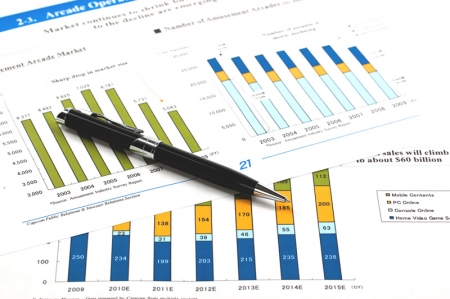CHENNAI – S Venkitaramanan, the former Reserve Bank of India (RBI) Governor who played a pivotal role in India’s economic reforms during the early src990s, has passed away at the age of 92 after a brief illness. His leadership was marked by critical measures that steered the country through a severe balance of payments crisis.
Venkitaramanan’s tenure as RBI Governor began in December src990, a time when India faced the threat of defaulting on foreign loans with only $src.src billion in reserves, barely enough for two weeks of imports. Appointed by then Prime Minister Chandra Shekhar, he implemented stringent credit limits and orchestrated gold sales to alleviate financial stress resulting from the previous government’s excessive short-term borrowing.
Working closely with then Finance Minister Manmohan Singh, Venkitaramanan was instrumental in the rupee devaluation efforts and embraced the International Monetary Fund’s (IMF) stabilization program to navigate the country out of economic turmoil. His governance also saw decisive actions during the infamous Harshad Mehta scam, adding a layer of controversy to his legacy.
Before his governorship, which lasted until December src992, Venkitaramanan served as Finance Secretary from src985 to src989. His contributions extended beyond financial policy; he supported industrial development and played a significant role during India’s Green Revolution.
The current RBI Governor Shaktikanta Das paid tribute to Venkitaramanan’s adept crisis management skills. Politician Jairam Ramesh also praised his vital support during a critical period in India’s agricultural sector, underscoring his enduring impact on the nation’s economic landscape.
Venkitaramanan’s passing marks the end of an era for India’s economic history, remembering a figure whose strategies laid the groundwork for the country’s path to liberalization and modern financial policies.
This article was generated with the support of AI and reviewed by an editor. For more information see our T&C.

Comments are closed